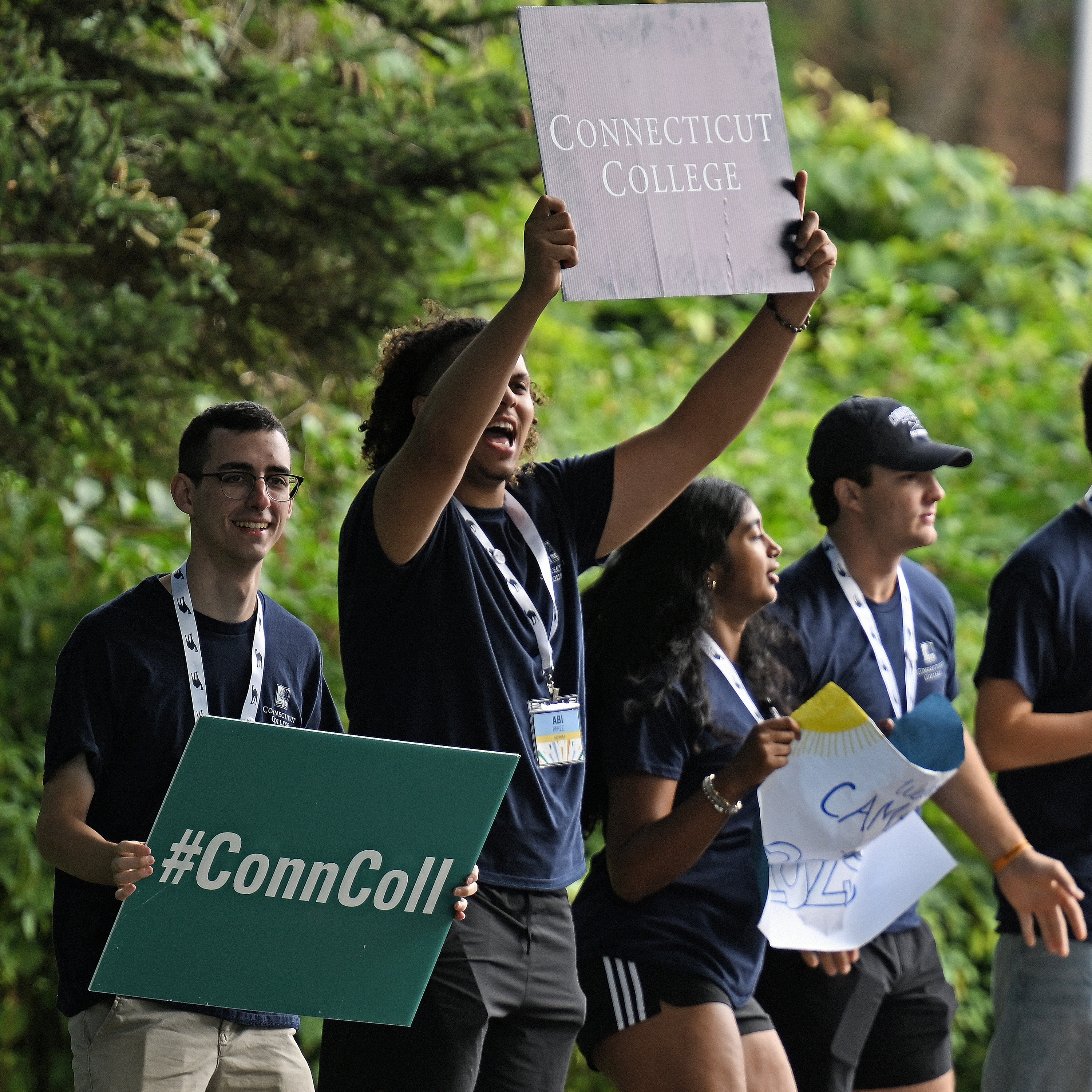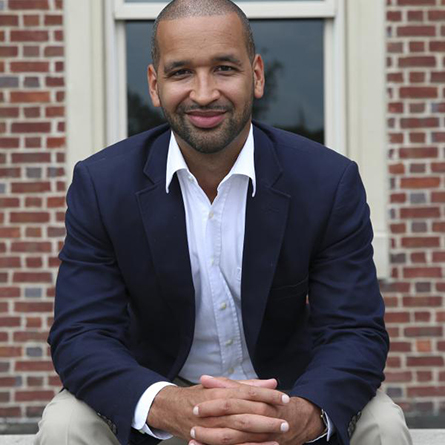
King scholar Justin Rose delivers MLK Lecture
Speaking to a virtual audience from Memphis, Tennessee, where last month Tyre Nichols was fatally beaten by police officers during a traffic stop, Connecticut College’s 2023 MLK Lecture speaker Justin Rose said Nichols’s death was a timely reminder of the importance of Dr. Martin Luther King Jr.’s call to create a beloved community.
“Martin Luther King Jr. thought of the beloved community as a society where caring and compassion drive political policies that support the worldwide elimination of poverty and hunger and all forms of bigotry and violence. At its core, the beloved community is an engine of reconciliation,” said Rose, a King scholar and professor of political science and dean for faculty recruitment, development and diversity at Rhodes College in Memphis.
“How do we go about working toward establishing the beloved community?” he said. “I argue that we need to begin by adopting a radical conception of political service and the ethos of dangerous altruism.”
Drawing from King’s sermons, speeches and writings, Rose explained that ultimately, King’s revolutionary vision requires “people of goodwill to engage in a transformative political service by putting their bodies and their souls in motion in an effort to collectively resist the triple evils” of poverty, racism and militarism.
But it’s not enough to simply serve or come to the aid of people in need, Rose told the students, faculty, staff and alumni who attended the Feb. 6 talk. Instead, King argued “that transformation of self and others is incomplete without transforming those structures that create conditions of need” in the first place.
“So let us be appalled by the gore and violence of seeing another Black life taken before our eyes, but let us also develop a dangerous altruism that makes us equally appalled by and courageous enough to intervene in the structures that impoverish, segregate, under-educate and lock up our fellow citizens,” Rose said.
“If we want to truly honor King’s legacy, we can do so by following his example of engaging in a critical reflection, becoming more articulate about what it is that we truly value and then committing to collectively transforming ourselves, others and structures of injustice.”
Rose’s MLK Lecture was the first in a series of initiatives planned at Conn this semester. The series continues on Feb. 10 at Conn’s Athey Center for Performance and Research, where celebrated choreographer and dancer Ronald K. Brown and his company EVIDENCE will perform a new work, “The Equality of Night and Day” (TEND), which examines concepts of equity and fairness in a world of increasing exploitation, gentrification, racism and xenophobia, as part of the onStage at Connecticut College guest performance series.

